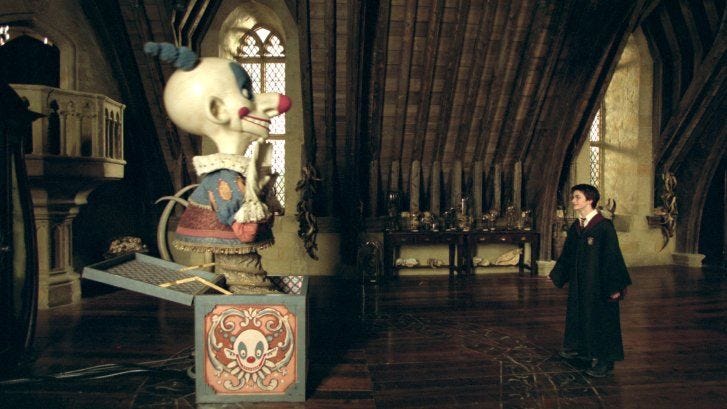There are moments where I feel frozen in time, as if I've been plucked from this reality and lured to an in-between world. I can hear a familiar voice. It echoes, as if someone is whispering inside an empty tunnel. I feel forced to stay completely still to make out what they’re trying to say. In my stillness the voice grows louder. There is something sinister to it. Just like a siren sings to lure its prey, this voice works in a similar way. It sounds soft, sweet and caring at first, but underneath the facade lies a cruel and wicked monster – The Inner Critic.
I’ve lost count of the amount of self-help podcasts I’ve listened to, or the books that I’ve picked up in the hopes of rebuilding myself. It became an obsession of mine for a while. I thought I was cool and different because I wanted to improve myself – break the cycle, you know? But as it turns out, just about everyone has been slightly obsessed with self-help at some stage.
Honestly, I have a deep admiration and respect for anyone who wants to improve themselves. I do not see a point in living without learning, and if you’re open to learning, you’re inherently engaging in self-improvement. Although, I do think there’s a point where self-improvement can become counterproductive, but that’s a topic for another day.
I wanted to touch on a personal experience during my self-improvement journey regarding the deceptive voice of the inner critic. In particular, how this voice has the ability to morph itself into an entity that sounds caring and loving, yet lacks all the tenderness you’d expect from someone who genuinely cares about you.
I have found that the inner critic has a tendency to alter its tone when you’re on a path towards healing, such as improving your self-image or recovering from addiction – and boy is it a stealthy bastard. Nonetheless, it is a monster you must confront if you truly want to heal. Much like the Boggarts in Harry Potter, you must conjure your inner strength, look the monster dead in the eye and cast a loud and proud ‘Riddikulus’ spell on it.
Learning to be kind and loving to yourself is a necessary part of the healing journey. But in the process of improving the way you speak about yourself, the inner critic feels threatened, and so it doubles down.
Perhaps you can relate when I say that many of us get stuck in a ‘tough love’ mentality, but I realised the other day that this is just the inner critic morphing. It tricks you into thinking you’re being kind to yourself by being ‘tough’ or ‘strict’ when you don’t meet all your expectations or goals for the day. It says “we’re doing this for you to be better, so stop being a slack ass and get to work”.
In reality, you’re still stuck in that cycle of being overly critical and cruel to yourself. The inner critic has just morphed into a more insidious monster that veils itself under the guise of self-care. I think this is a necessary step towards healing, though. Once you catch the inner critic playing its deceptive games, you can begin healing properly.
Tough love is not love.
More often than not, tough love is used as a palatable term to excuse cruelty. Yes, it can be frustrating trying to help someone who is on a path of self-destruction, but you cannot help someone who does not want to be helped. If love doesn’t get through to them, “tough love” certainly won’t. As cliche as it sounds, love always wins. When it doesn’t, there’s a more complex issue at hand that needs to be confronted by the individual who is suffering.
In the case of self-improvement, you’re already confronting the complexities of your self-destructive tendencies. That’s the first step towards healing. But at some point along the journey, you must confront the voice of your inner critic. I believe once you tame this beast, the real healing and transformation begins – at least, that’s where I’m at.
I’m not sure why I felt like talking about this. It’s quite a complex and abstract topic. In fact, I only had this realisation a few days ago, and it’s been such a profound light-bulb moment that I felt a need to write about it – to make sense of it. If this reaches someone and helps them have a similar realisation, that would be truly wonderful.
Also, if you feel your inner ‘tough love’ monologue genuinely helps you in improving yourself (I believed this too for a while), then keep on your path. What works for me may not be the same for you – and that’s yet another example of the beautiful complexities of the human experience.
I guess I’ll end it here by saying ‘kill them with kindness’, and by that I mean your sneaky little inner critic.
You got this.
Until next time,
Plot Collector




